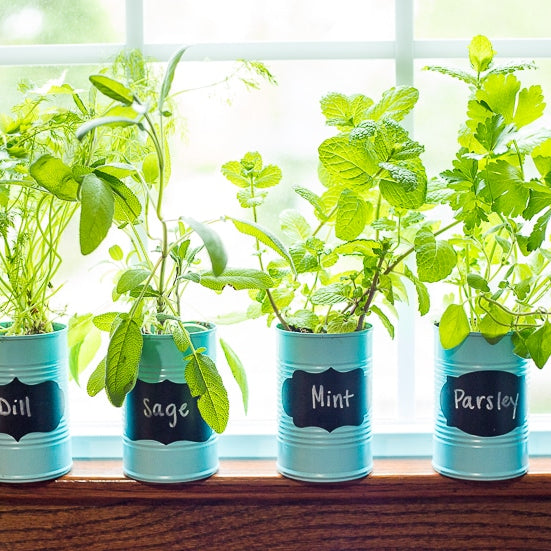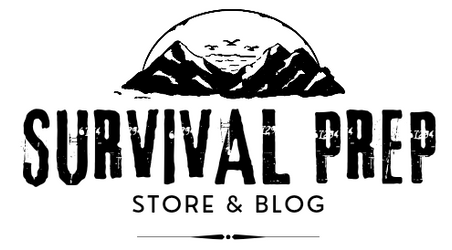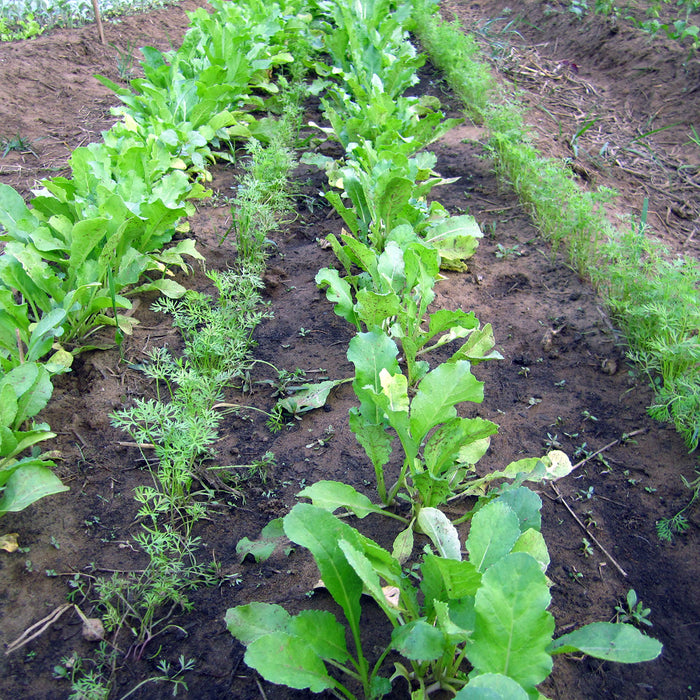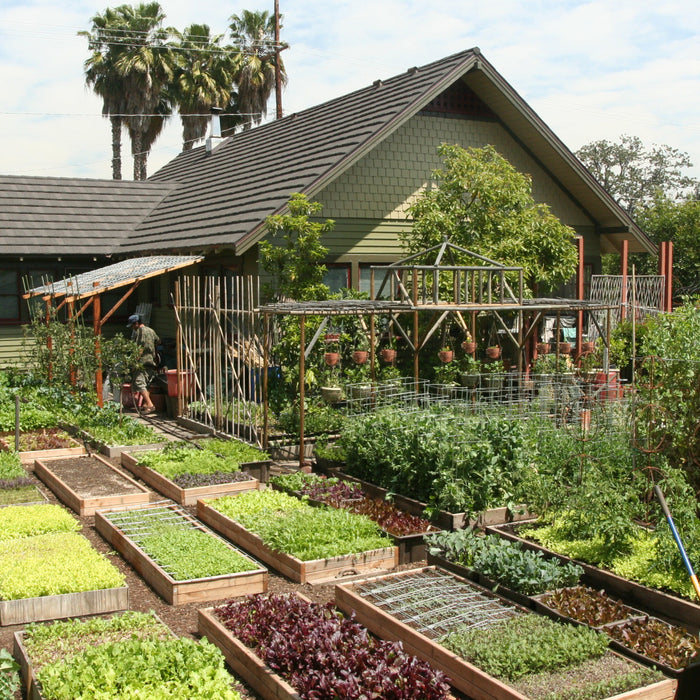

How to Store Water for an Emergency: 8 Tips for using Water Storage Containers
When it comes to emergencies, water is one of the most important things you need to have on hand. You can survive without food for quite some time, but water is essential for keeping your body hydrated. If a disaster or emergency strikes and you don't have water available, you will quickly become dehydrated and could even die. That's why it's important to have a plan in place for storing water! In this blog post, we will discuss 8 tips for using water storage containers to store water for an emergency.
Tip #01: Choose the right water storage container.
There are many different water storage containers available on the market, so it's important to choose the one that is best for your needs. Some things to consider when choosing a water storage container include:
- The size of the container. Make sure to choose a container that is large enough to hold the amount of water you need.
- The material the container is made from. Some materials, such as plastic, are more susceptible to leaks than others. Make sure to choose a storage container for water that is made from a durable material. We recommend BPA Free water
- The type of closure the container has. Some water storage containers have screw-on lids, while others have snap-on lids. Choose the type of closure that is best for you.
Tip #02: Clean your container before using it.
Before you start storing water, it's important to clean it first. You can do this by rinsing the container with clean water and then scrubbing it with a brush. This will help to remove any dirt or debris that could contaminate the water.
Tip #03: Fill it with clean filtered water, reverse osmosis is the best.
Once your water storage container is clean, you can start filling it with water. It's important to use clean water, so if you're using tap water, make sure to filter it first. You can also use water from a water dispenser, water bottle, or even collected rainwater.
Tip #04: Add a disinfectant to your water storage container.
Once your water storage container is filled with clean water, you should add a disinfectant to it. This will help to kill any bacteria or viruses that could contaminate the water. Some good disinfectants to use include chlorine tablets, bleach, and water purification tablets. The bleach ratio to store water is one tablespoon of bleach per gallon of water.
Tip #05: Store it in a cool, dark place.
It's important to store your water storage container in a cool, dark place. This will help to keep the water fresh and prevent it from becoming contaminated. A good place to store your water storage container is in a basement or cellar.
Tip #06: Label it!
Once you've filled and stored your water storage container, be sure to label it. This will help you remember when you filled the container and how long the water will last.
Tip #07: Check your water storage container regularly.
It's important to check your water storage container regularly to make sure it's still clean and the water is still fresh. You should also check for leaks and make sure the lid is secure.
Tip #08: Rotate your water supply.
It's a good idea to rotate your water supply on a regular basis. This means that you should use the water in your water storage container and then refill it with fresh water. This will help to ensure that the water is always fresh and free of contaminants.
By following these tips, you can easily store water for an emergency using a water storage container. water-storage-containers water-supply emergency-preparedness how-to tips
Now that you know how to store water for an emergency, be sure to put a plan in place so that you are prepared for any situation. And don't forget to share this blog post with your friends and family! They'll thank you for it later. water-storage-containers water-supply emergency-preparedness how-to tips
If you have any questions about water storage or emergency preparedness, feel free to leave a comment below. I'm always happy to help! water-storage-containers water
Recommended Posts
- How to Build a Bug Out Bag for Kids: Tips and Tricks
- 10 Survival Skills Every Kid Should Know
- Food prices are about to skyrocket even more; Prepare for a 'famine,' followed by housing crash, then equities wipeout - Michael Gayed
- South Threatened by Severe Weather After Texas Tornado Disaster: How to Prepare.
- The Ultimate Guide to Radiation Water Filters: How They Work



